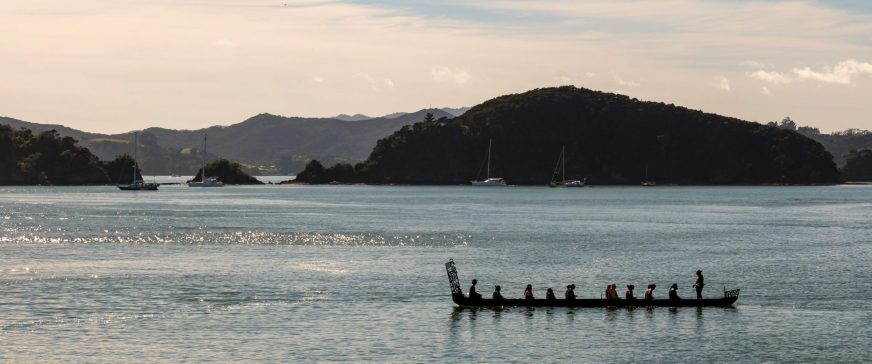Why water is crucial to climate mitigation
Freshwater and healthy ecosystems can be much more important to climate mitigation than previously understood. A forthcoming report from SIWI and other leading institutions will shed new light on why water is such a decisive factor for our climate and the co-benefits it brings.

If we want to achieve the goals of the Paris Agreement, we must understand the linkages between climate, freshwater and other environmental issues. World Environment Day 2021 (5 June) calls for urgent action to revive damaged and degraded ecosystems, which should also be at the centre of the climate debate.
A new joint research project indicates freshwater’s crucial role in climate mitigation, while providing numerous co-benefits for climate adaptation, biodiversity, ecosystem services and human health. Initial findings will be presented at the first-ever Water & Climate Pavilion, spearheaded by SIWI and 30+ partner organizations, at the global climate summit COP 26 in November with the hopes that governments and civil society stakeholders will pay more attention to water as they translate climate policies into action
SIWI and the SIWI-UNDP’s Water Governance Facility are working on the report together with GIZ, the Potsdam Institute for Climate Impact Research and the Stockholm Resilience Centre. What is particularly noteworthy about the study is its focus on water-related climate mitigation strategies (to reduce emissions) – traditionally water has mainly been seen as useful for climate adaptation.
Mitigation strategies in the context of water can be broadly classified as nature-based or technology-driven. In nature-based mitigation, ecosystems act as carbon sinks, absorbing greenhouse gas emissions while maintaining or enhancing biodiversity. Tech-driven solutions involve for example wastewater management and treatment, and circular systems of reusing and recycling water. Both kinds of solutions must be used much more broadly to address climate change.
Freshwater-related climate mitigation strategies often have co-benefits for climate adaptation, biodiversity, ecosystem services and human health. Here are some examples:
- Agroforestry, and other sound agro-ecological principles, combined with water- and nutrient-efficient management, both in rainfed and irrigated agriculture, are crucial for soil carbon stocks, but also for improving food and water security.
- Protecting and restoring freshwater ecosystems such as mangroves and wetlands reduces GHG emissions, while also benefitting nature and wildlife, as well as economies and societies as they can act as a buffer to extreme events, such as floods and droughts, protecting us from disaster risks.
- Restoring forests to enhance carbon stocks also reduces the risk of soil loss and landslides and protects water supplies. Good landscape management is key to improving waterflows and biodiversity as well as climate adaptation and mitigation.
Restoring ecosystems carries substantial benefits not only for climate mitigation and the environment, but also for people. For every dollar invested in restoration, nine dollars in returns for society can be expected. Restoration also creates jobs in rural areas where they are most needed.
A new climate mitigation politics is needed, where freshwater is considered a main factor. In doing so, we support the natural ecosystems’ capacities to protect from unprecedented levels of global warming beyond our control, while also reinforcing the planet’s resilience. Governments, corporations and individuals need to work with nature through water so we can limit climate change and restore the earth and its ecosystems.







